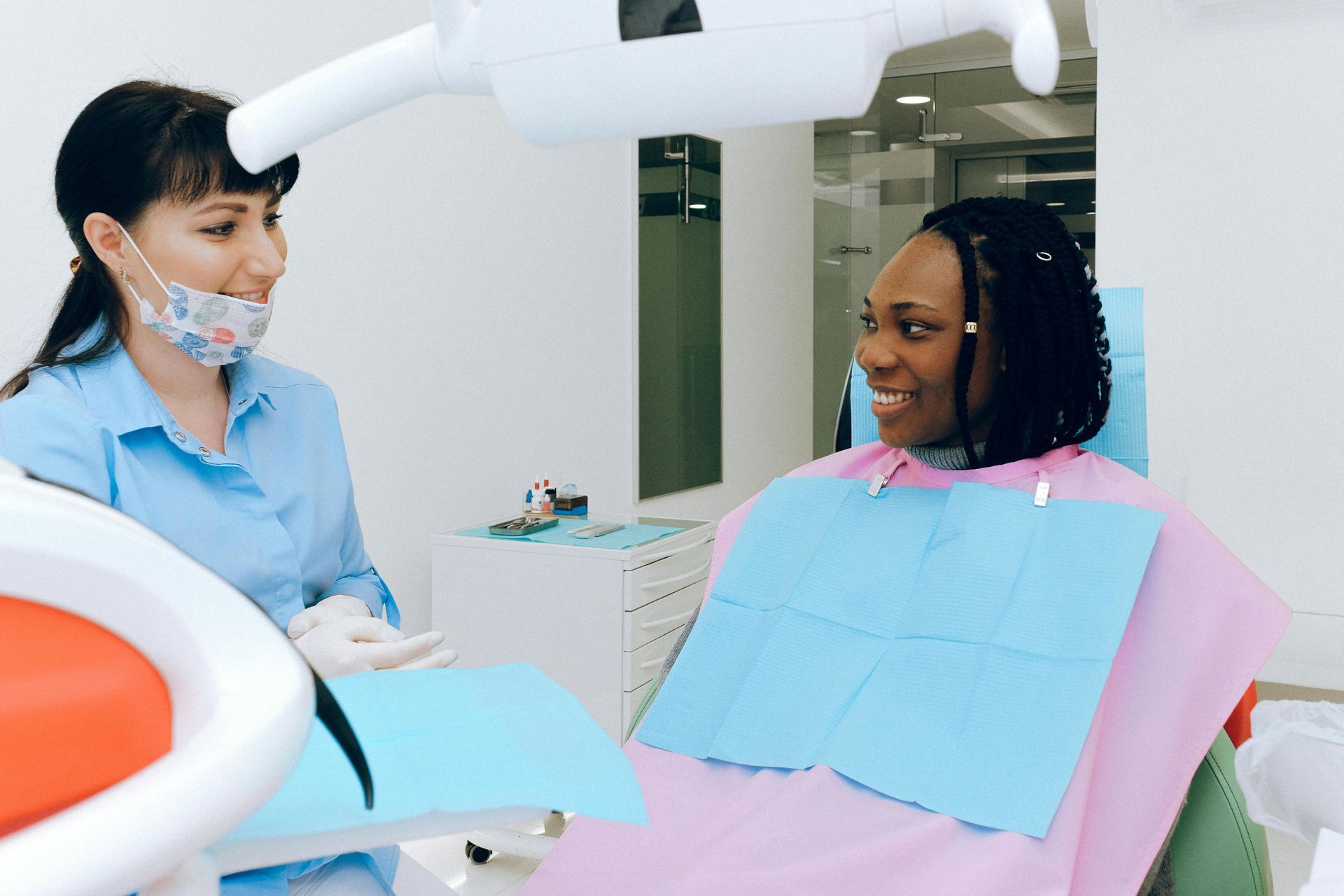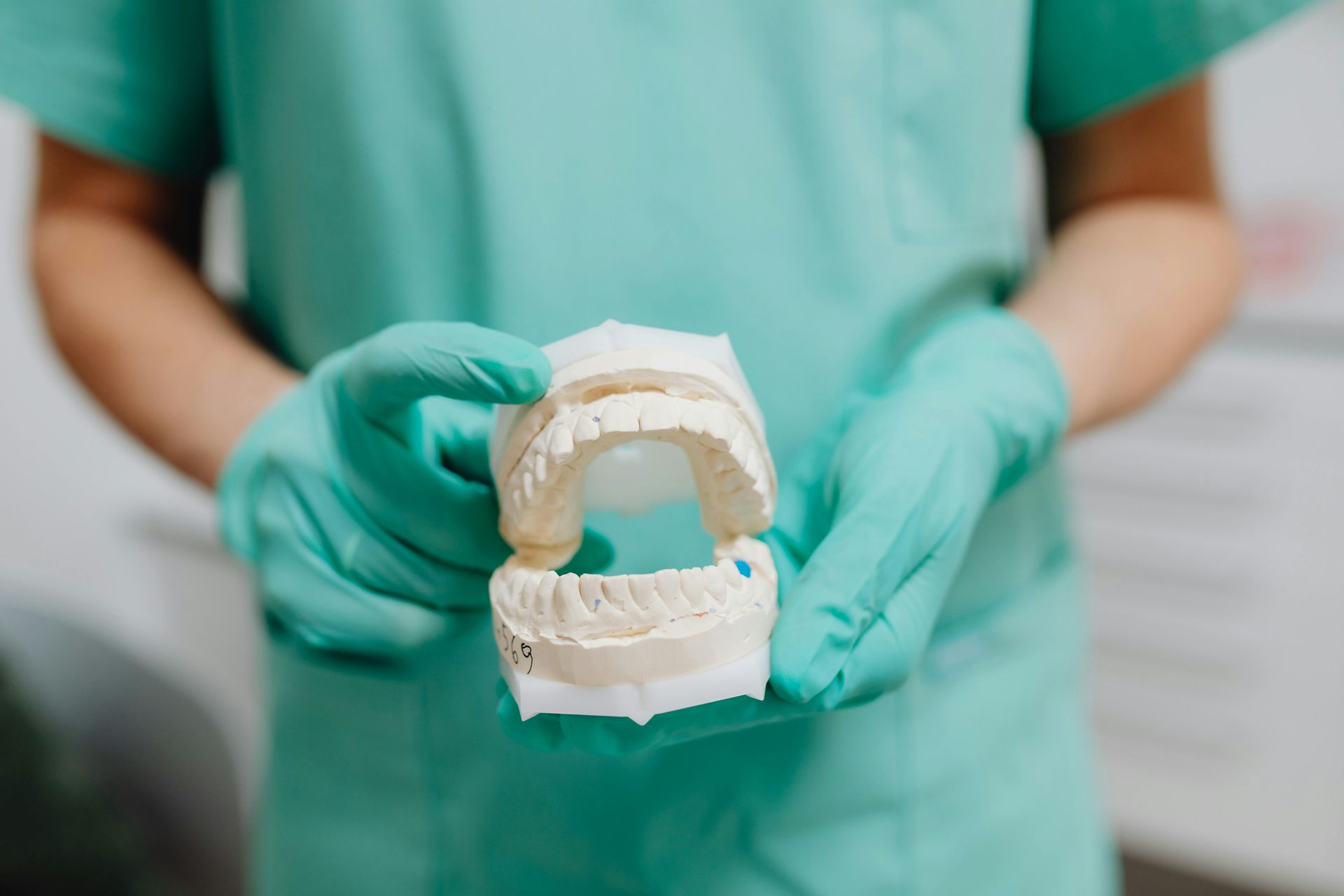How to Prepare for Your Oral Surgery: A Step-by-Step Guide
Oral surgery is a crucial step toward improving your dental health, whether you’re undergoing wisdom tooth extraction, dental implants, or other procedures. Preparing for surgery properly can help minimize anxiety and ensure a smooth experience. This guide provides a step-by-step checklist to help you prepare for your oral surgery with confidence.
Step 1: Consult with Your Oral Surgeon
The first step in preparing for oral surgery is scheduling a consultation with your oral surgeon. During this appointment, your surgeon will:
- Review your medical and dental history
- Discuss the procedure and expected outcomes
- Explain potential risks and complications
- Provide pre-operative and post-operative care instructions
Take this opportunity to ask any questions you have about the procedure. Understanding what to expect can help reduce anxiety and build trust with your oral surgery team.
Step 2: Understand the Pre-Surgery Instructions
Your oral surgeon will provide detailed instructions to follow before your procedure. These may include:
- Fasting Guidelines: If you’ll be under sedation or general anesthesia, you may need to avoid eating or drinking for several hours before surgery.
- Medication Adjustments: Inform your surgeon of any medications you’re taking. You may need to stop or adjust certain medications, such as blood thinners, before the procedure.
- Health Precautions: Notify your surgeon if you’re feeling ill or have any new health concerns leading up to your surgery date.
Following these instructions is essential for your safety and the success of the procedure.
Step 3: Arrange Transportation and Support
Since most oral surgeries involve sedation or anesthesia, you will not be able to drive yourself home after the procedure. Arrange for a trusted friend or family member to:
- Drive you to and from the surgical center
- Stay with you for the first 24 hours post-surgery, if necessary
Having someone available to support you during the recovery period can help ease your mind and ensure you have assistance if needed.
Step 4: Prepare Your Recovery Area
Before the day of your surgery, set up a comfortable recovery area at home. Consider including:
- Soft pillows and blankets
- Entertainment options (books, TV, or music)
- Essential items (water, tissues, remote controls, etc.)
Creating a cozy and accessible space can help you rest and recover more comfortably after surgery.
Step 5: Stock Up on Post-Surgery Supplies
Having the right supplies on hand can make your recovery smoother. Here’s a checklist of essential items:
- Prescribed medications: Fill any prescriptions your surgeon provides, including pain relievers and antibiotics.
- Soft foods: Stock up on easy-to-eat foods like yogurt, applesauce, mashed potatoes, and smoothies.
- Ice packs: These will help reduce swelling and discomfort.
- Mouth rinse: Your surgeon may recommend a special rinse to keep the surgical site clean.
- Gauze pads: You’ll need these to control bleeding immediately after the procedure.
Step 6: Plan Your Meals
For the first few days after surgery, you’ll need to stick to a soft-food diet. Avoid hot, spicy, or crunchy foods that could irritate the surgical site. Here are some meal ideas:
- Scrambled eggs
- Smoothies (avoid using a straw)
- Mashed potatoes
- Soup (lukewarm, not hot)
Preparing meals in advance can save you time and effort during your recovery.
Step 7: Dress Comfortably for Surgery
On the day of your procedure, wear loose, comfortable clothing. Opt for short sleeves if you’ll be receiving IV sedation, as this allows easy access for medical staff. Avoid wearing makeup, nail polish, or jewelry.
Step 8: Relax and Reduce Anxiety
It’s natural to feel nervous before oral surgery. Here are some tips to help manage anxiety:
- Practice deep breathing: Inhale slowly through your nose, hold for a few seconds, and exhale slowly.
- Visualize a positive outcome: Focus on the benefits of the surgery and how it will improve your health and well-being.
- Listen to calming music: Create a playlist of soothing music to listen to before and after the procedure.
If your anxiety is severe, speak with your surgeon about sedation options to help you feel more relaxed.
Step 9: Follow Pre-Surgery Hygiene Instructions
Maintaining good oral hygiene before surgery can reduce the risk of infection. Your surgeon may recommend:
- Brushing and flossing: Avoid the surgical area if it’s sensitive.
- Rinsing: Use an antiseptic mouthwash if directed.
Avoid eating or drinking anything after completing your pre-surgery hygiene routine if fasting is required.
Step 10: Know What to Expect on Surgery Day
Arrive at the surgical center on time and check in with the front desk. The staff will guide you through the pre-operative process, which may include:
- Completing paperwork
- Meeting with your surgeon and anesthesiologist
- Receiving sedation or anesthesia
The length of your procedure will depend on its complexity. Your surgical team will keep you informed and ensure you are comfortable throughout the process.
Step 11: Post-Surgery Care and Recovery
After your procedure, your oral surgeon will provide detailed post-operative care instructions. These may include:
- Managing pain and swelling: Use prescribed pain relievers and ice packs as directed.
- Controlling bleeding: Bite down gently on gauze pads and change them as needed.
- Resting: Avoid physical activity for the first 24-48 hours.
- Eating soft foods: Stick to your prepared recovery diet.
- Avoiding irritants: Don’t use straws, smoke, or drink alcohol during the initial healing period.
Adhering to these guidelines will promote faster healing and reduce the risk of complications.
Step 12: Schedule Follow-Up Appointments
Your oral surgeon may schedule a follow-up visit to monitor your healing progress. During this appointment, your surgeon will:
- Check the surgical site for signs of proper healing
- Remove any non-dissolvable stitches, if necessary
- Address any concerns or questions you have
Regular follow-ups ensure that your recovery is on track and that any potential issues are addressed promptly.
Why Choose Tri-State Oral Surgery for Your Procedure
At Tri-State Oral Surgery, we understand that oral surgery can feel overwhelming. That’s why our team is committed to providing compassionate care and expert guidance to patients in Evansville, IN, and Owensboro, KY. Our experienced oral surgeons use advanced techniques and personalized care plans to ensure a safe and successful surgical experience.
From your initial consultation to post-operative support, we’re here to make your oral surgery journey as smooth and stress-free as possible. Contact us today to schedule your appointment and learn more about how we can help you achieve optimal oral health.
Frequently Asked Questions About Oral Surgery Preparation
1. How long does oral surgery recovery take?
Recovery times vary depending on the procedure, but most patients can resume normal activities within one to two weeks.
2. Can I eat before oral surgery?
If you’re receiving sedation or anesthesia, you’ll likely need to fast for several hours before the procedure.
3. How can I reduce swelling after surgery?
Apply ice packs to the affected area for 15-20 minutes at a time during the first 24 hours.
4. What should I do if I’m anxious about surgery?
Talk to your surgeon about sedation options and practice relaxation techniques such as deep breathing.
5. When can I return to work after oral surgery?
Most patients can return to work within a few days, depending on the procedure and their recovery progress.
Conclusion
Proper preparation can make a significant difference in your oral surgery experience. By following this step-by-step guide, you can reduce anxiety, ensure a smooth procedure, and promote faster recovery. If you’re searching for expert care in Evansville, IN, or Owensboro, KY, trust the team at Tri-State Oral Surgery to provide exceptional support and results.






